Featured Event

Lessons in State Capacity from Delhi’s Schools
November 3, 2025
Harvard Kennedy School
In this seminar, Yamini Aiyar discussed her book Lessons in State Capacity from Delhi’s Schools, exploring how frontline officers and bureaucratic systems shape India’s public sector performance.
Past Events

“Ask Me Anything” featuring Lant Pritchett
December 4, 2025
Harvard Kennedy School
During this AMA session, Lant Pritchett addressed the audience’s most pressing questions on international development.

Finding Purpose in Turbulent Times
October 16, 2025
Harvard Kennedy School
In this inspiring and interactive workshop, legendary world surfing champion, author, and leadership expert Shaun Tomson introduced The CODE Method—a transformative framework designed to help individuals turn hope into action, visualization into realization, and desire into lasting commitment.

Inside the Political Mind: The Human Side of Politics
March 3, 2025
Online
In this talk, Greg Power shared his experience working in the weeds of politics in more than sixty countries, helping politicians and officials find solutions to today’s problems while building the resilience of their institutions.

PDIA in Tunisia and Jordan
February 1, 2025
Bahrain
Lobna Jeribi and Tim Kornprobst, IPP alumni, discussed their experience using the PDIA approach to address solid waste management problems in Tunisia and Jordan respectively. While they both tackle similar issues, their approaches differ, demonstrating the adaptability of PDIA.

Motivation and Purpose in the Public Sector
October 28, 2024
Harvard Kennedy School
In this book talk, Elizabeth Linos engaged in a conversation with Dan Honig on the topic of motivation and purpose in the public sector. The discussion focused on how governments can break from the status quo and cultivate a workforce of dedicated, empowered public servants.

Good Intentions, Great Laws, Terrible Outcomes
October 8, 2024
Harvard Kennedy School
In this talk, Lant addressed the question “how did we go from the end of history in 1989 to where we are today?” Students had the opportunity to ask their burning questions.

The Mirror Cracked? On Democracy, Welfare Politics, and India’s General Election
September 23, 2024
Harvard Kennedy School
In this talk, Yamini Aiyar unpacked the broad contours of political debate that shaped the 2024 election mandate with a special emphasis on understanding its implications on democratic institutions and welfare politics.

Why Trust (not Money, Data, Evidence, Argument, Credentials) is the Currency of Change
September 16, 2024
Harvard Kennedy School
In this talk, Rakesh Rajani shared insights from 35 years of work experience in civil society, government, and philanthropy, on how systemic change happens in practice.
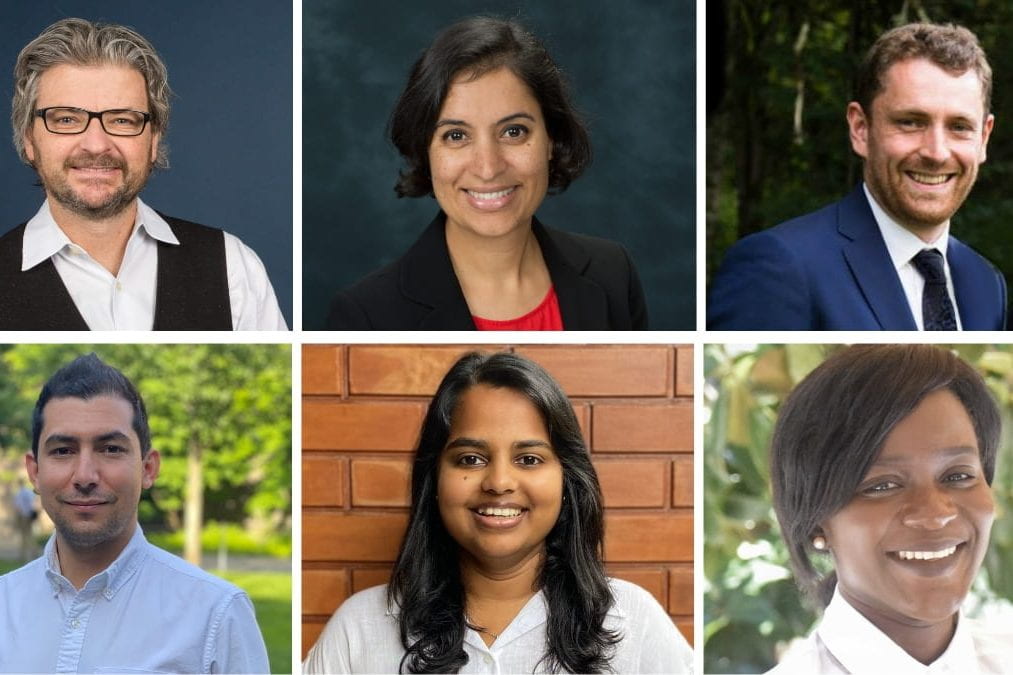
Reflecting on a Decade of Building State Capability around the World
October 19, 2023
Harvard Kennedy School
Over the past decade, Building State Capability (BSC) has engaged with over 3,500 practitioners in 148 countries. In this session, the BSC team discusses the evolution of PDIA and its pedagogical methods, as well as shares reflections on their journey of building capability and igniting change. It also features voices of global practitioners who have used BSC’s tools and approaches.
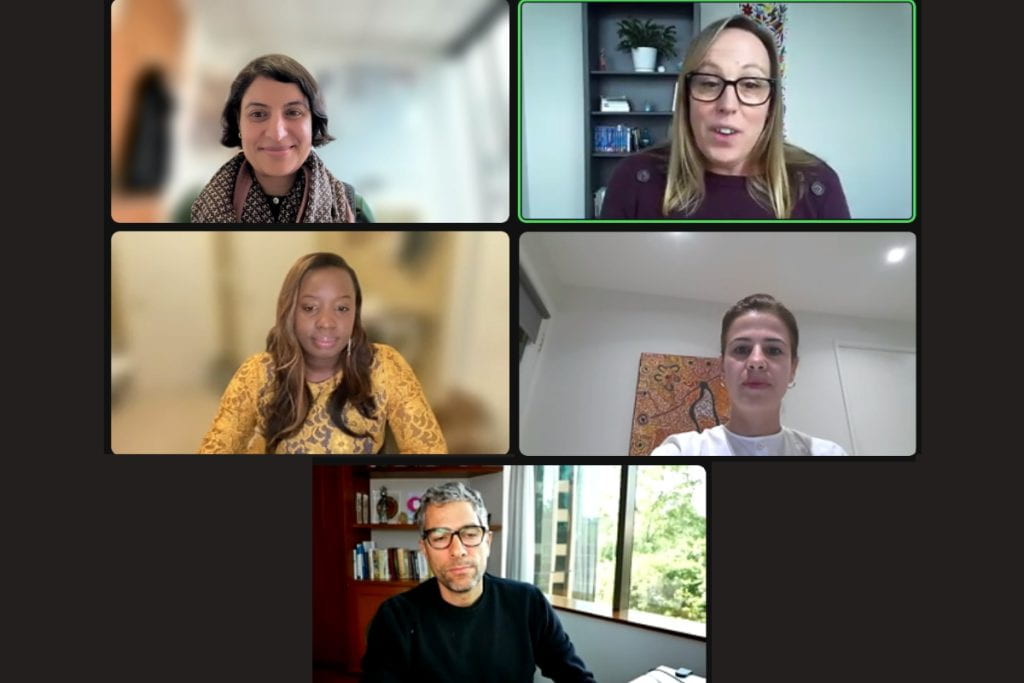
Implementation Doesn’t Happen by Edict: Learning from IPP Alumni
March 15, 2023
Online
Are you tasked with implementing policy, but frustrated when you and your team can’t get it across the finish line? Are you wondering why your policy is not delivering results? This session features the IPP program team and program alumni who share how this program can help you and your organization achieve better policy outcomes.
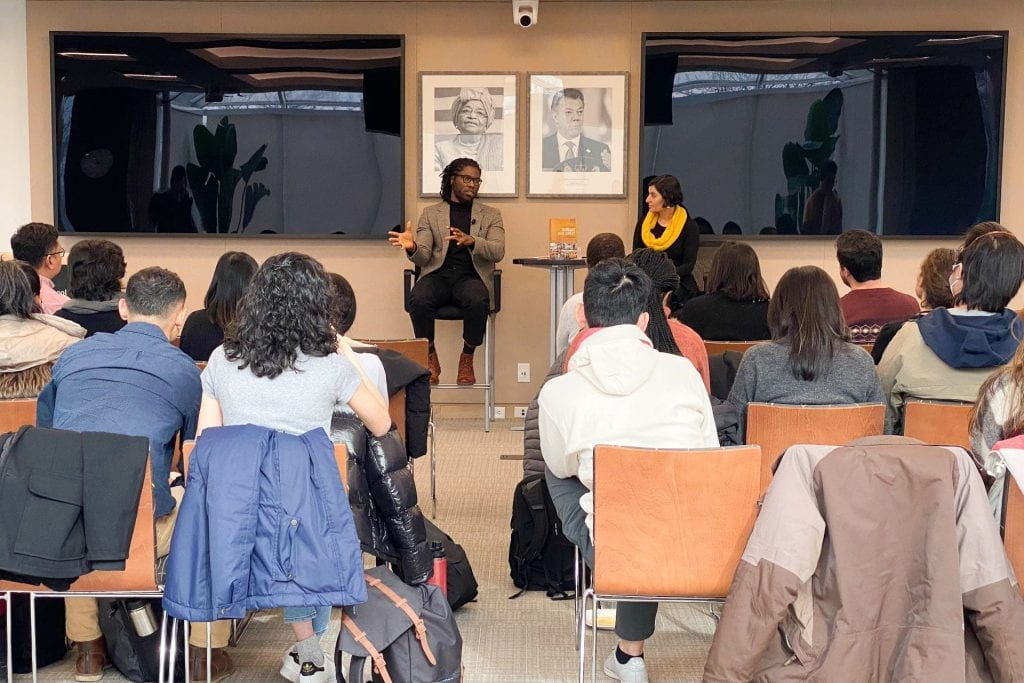
They Eat Our Sweat: Transport Labor, Corruption, and Survival in Nigeria
February 6, 2023
Harvard Kennedy School
In Lagos, drivers are constantly threatened and forced to pay bribes; they suffer health problems like hypertension and partial blindness, and accidents are common. Fear is a form of governance. In this book talk, the author shares his experience as a minibus conductor in Lagos to better understand the culture and complexity of corruption.
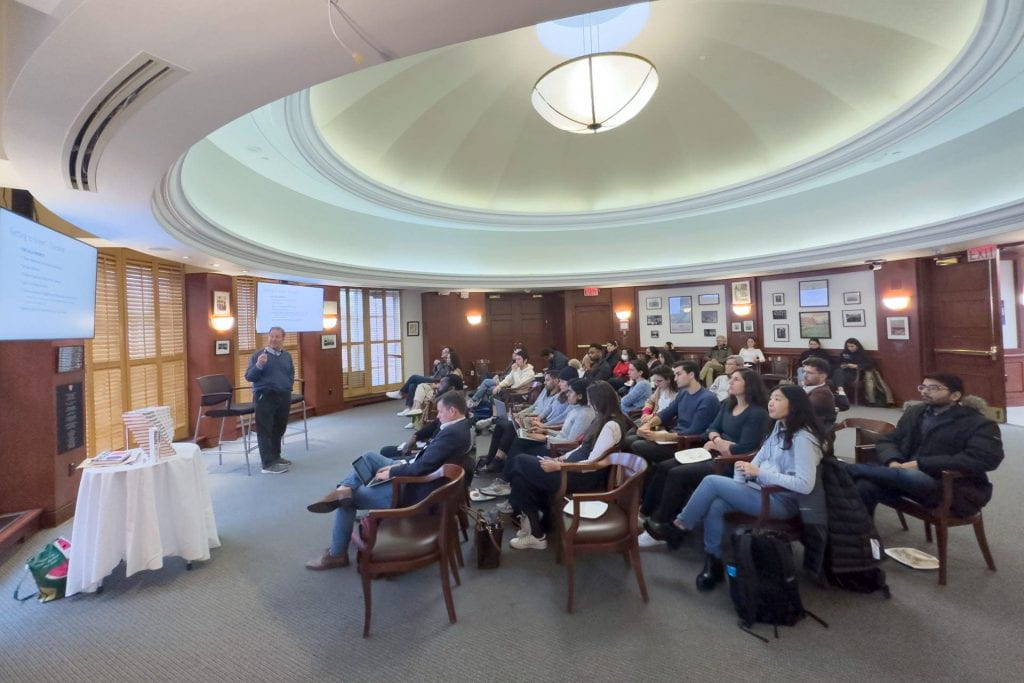
From Elections to Governing: Getting Beyond Politics to Get Things Done
November 30, 2022
Harvard Kennedy School
In government, the focus is often on policy, legislative wins, and budget dollars. However, the key components often missing are successful execution and implementation. In this book talk, Steve Kadish shares a methodology developed by Governor Charlie Baker and himself to move from identifying problems to achieving results.
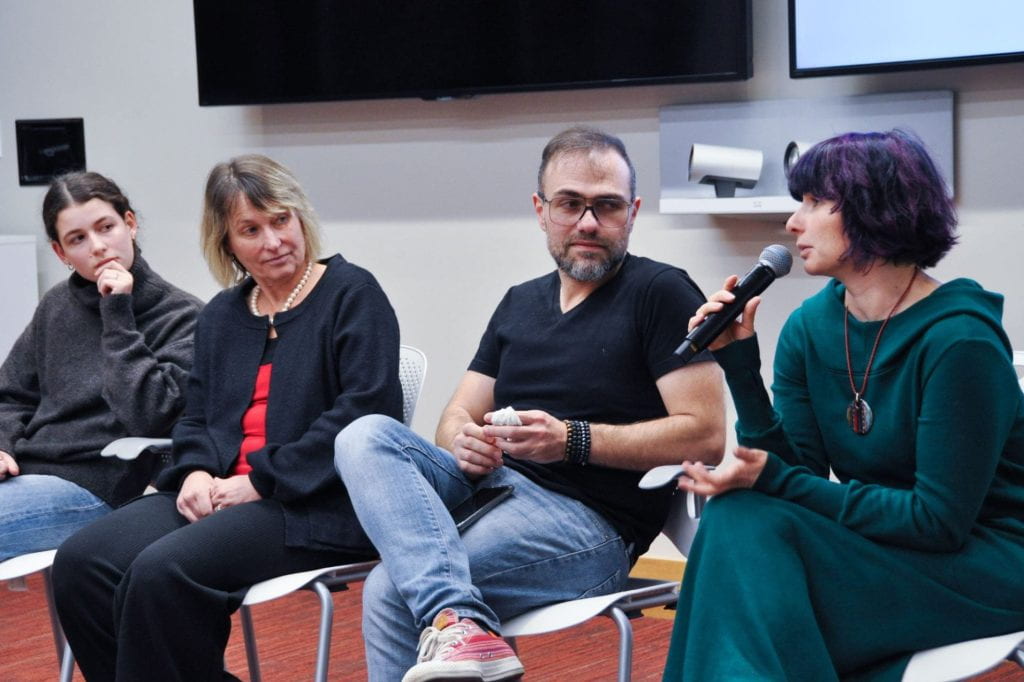
Agile Responses to the Ukrainian Crisis: The Power of Cell Phones
November 16, 2022
Harvard Kennedy School
Nobody was prepared for Russia’s invasion of Ukraine, especially the refugees. This event features three organizations that leveraged the networking power of cell phones to gather resources, organize people, and mobilize hope amid confusion and despair, stepping in when larger organizations would not or could not.
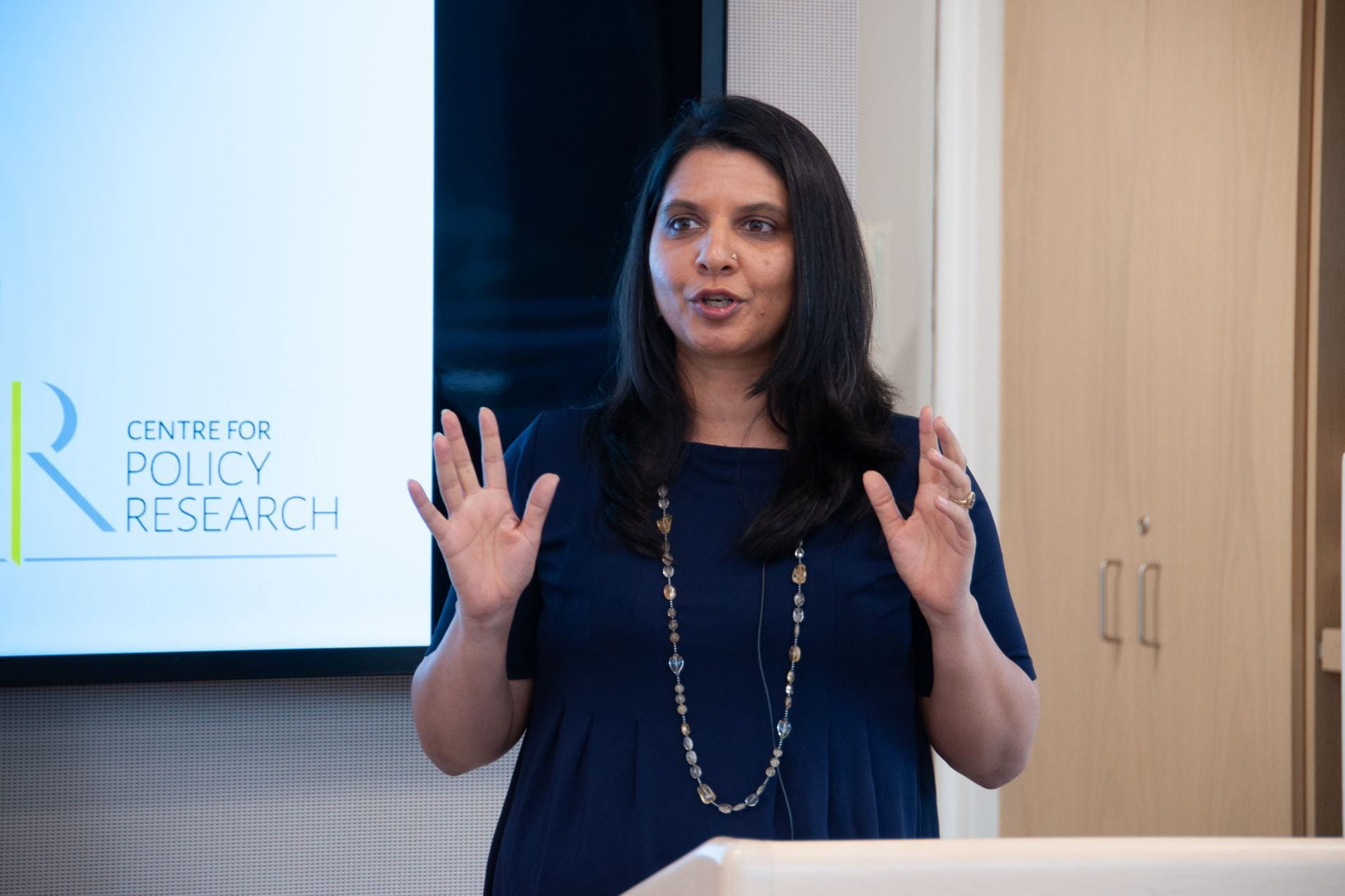
The Curious Case of the Powerful Yet Powerless Bureaucrat
October 31, 2022
Harvard Kennedy School
Drawing on over a decade of studying and active practice of “building” state capability in India, this talk, featuring Yamini Aiyar, offers a deep dive into the dynamics of capability gaps at the frontlines of the Indian State and offer a provocation on why current frameworks often fail to address the roots of the problem.
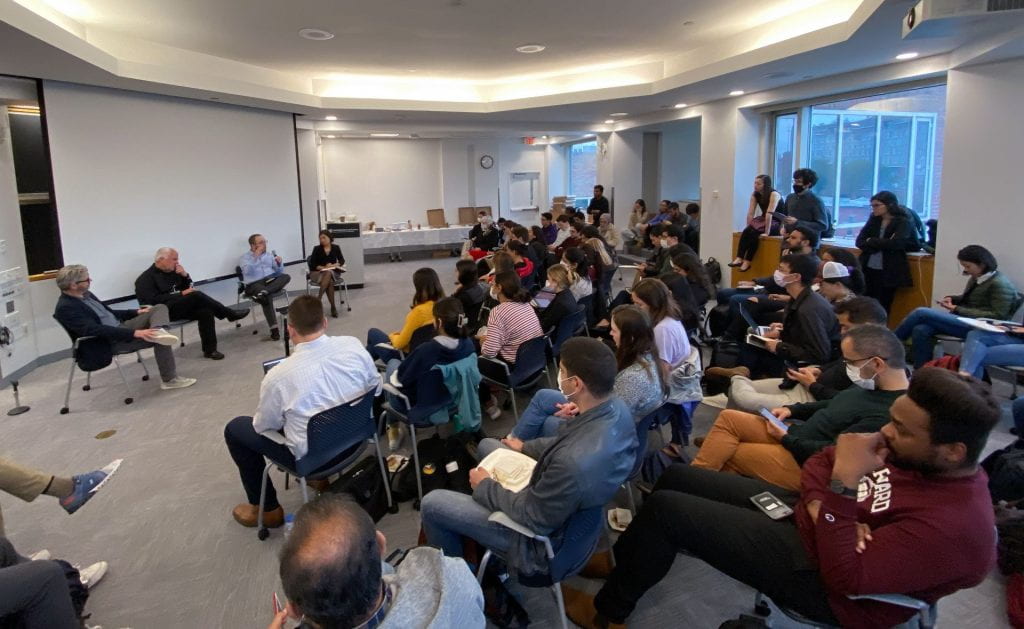
Learning, Failure, and Blame in the Public Sector
September 22, 2022
Harvard Kennedy School
Problems in the public sector are numerous. It is an arena where critique is constant, mistakes are magnified, success is taken for granted, and the risk of failure has public consequences. In this complex landscape, how do you pivot from finger-pointing positions of ‘winner-loser’ and ‘we-they’ to creating a learning environment of “us?” Is failure without blame possible?

Learning and Working Together: Effective Strategies for Team Projects
September, 2022
Online
Team projects can build real-world collaboration skills and deepen learning, but also bring added complexity and challenge. Matt Andrews and Salimah Samji shared strategies for engaging students effectively in team projects at the Harvard Initiative for Learning and Teaching (HILT) 2022 Conference.

PDIA in Action Event Series
April – June, 2021
Online
This virtual event series features presentations from a field-lab class where students learn a research-oriented version of PDIA by working on public problems – they learn by doing. In Spring 2021, 37 students across Harvard worked in teams on real-world problems nominated by 8 IPP alumni who served as their clients.
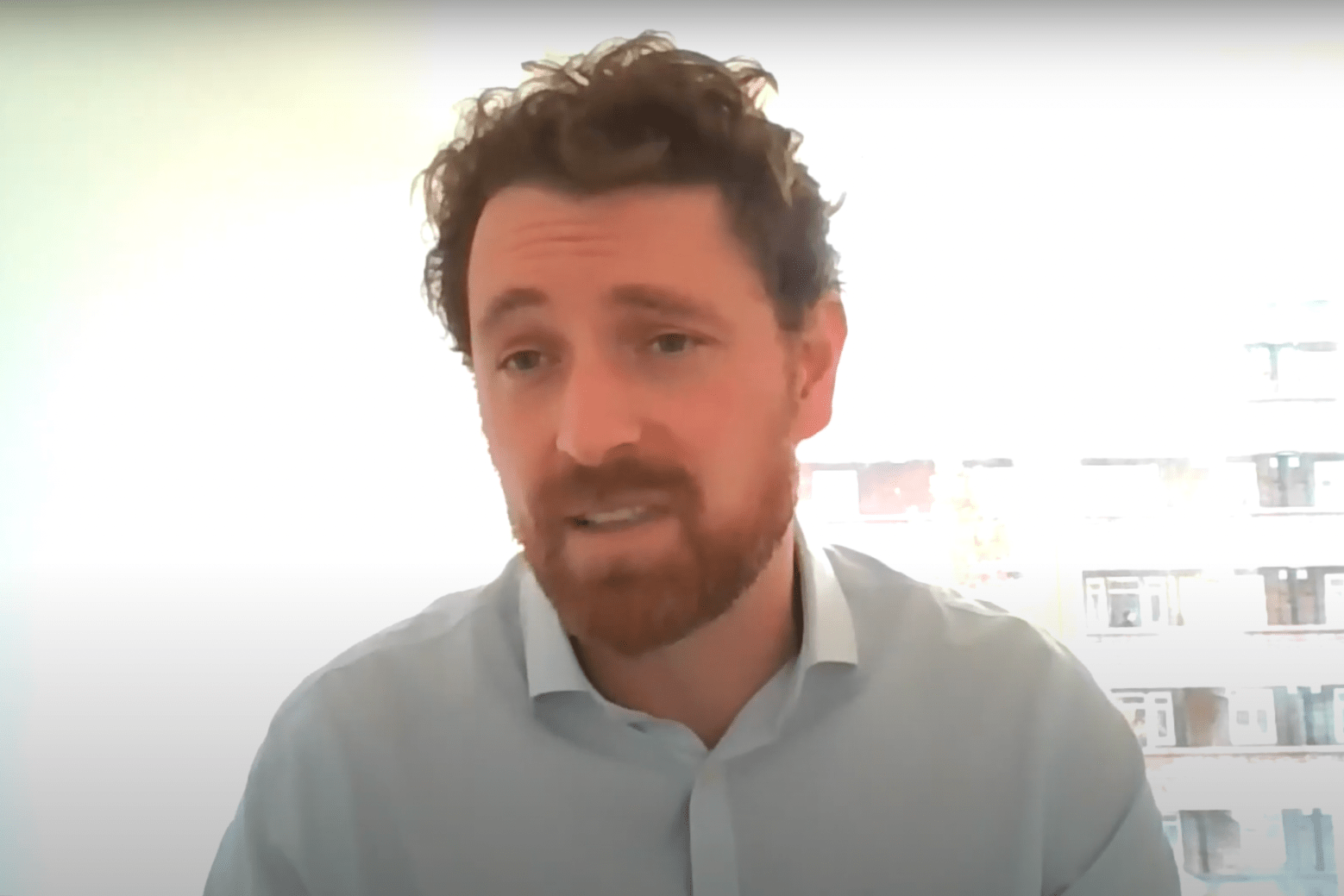
Message in a Battle
October 8, 2020
Harvard Kennedy School
As part of Harvard’s Worldwide Week, Peter Harrington, who worked with the Government of Liberia to craft their communications strategy during the Ebola crisis, shared lessons in crisis communications that can be applied to the COVID-19 pandemic. He prioritized simplicity, conciseness, and truth.
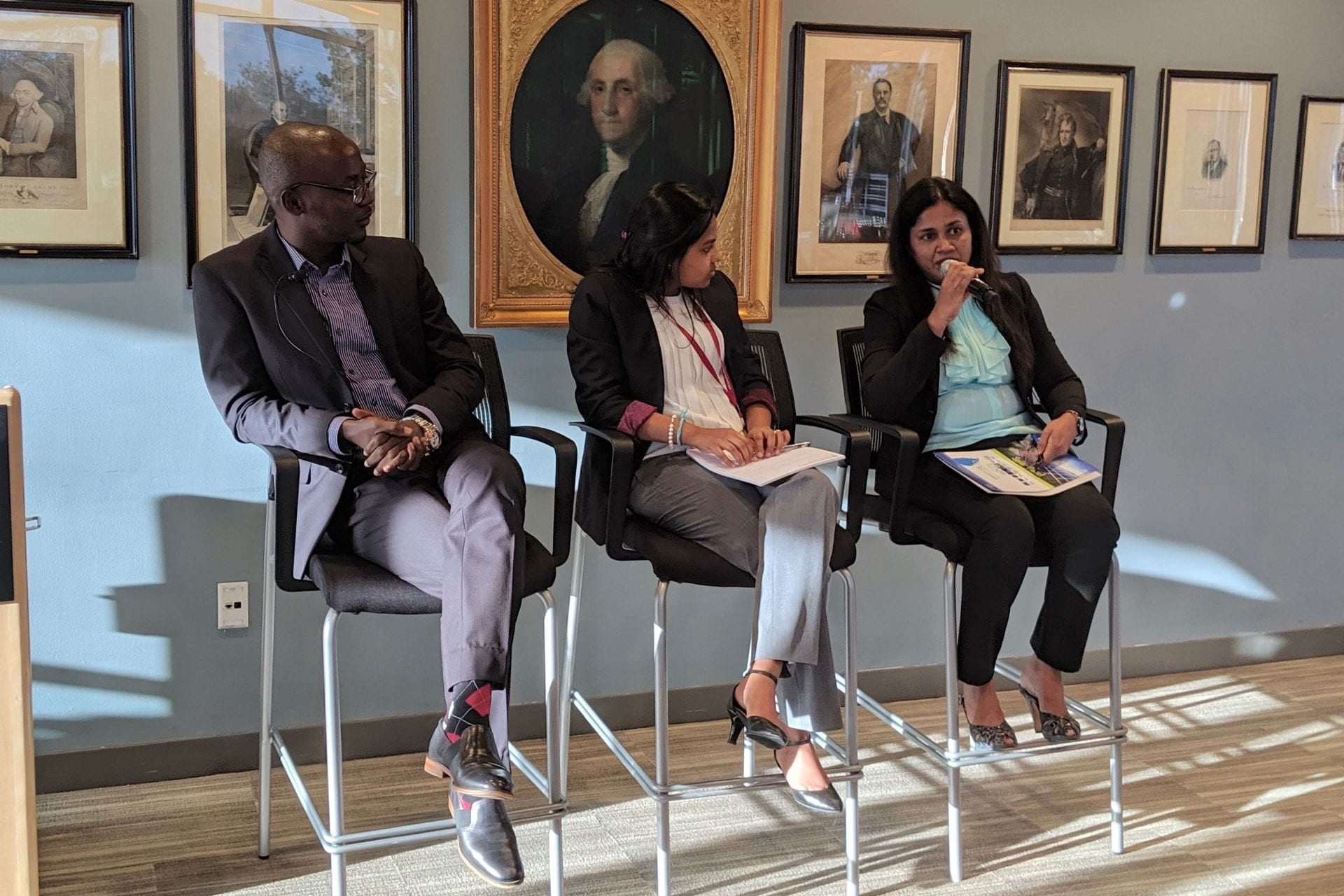
PDIA Conversation with Anisha Poobalan, Alieu Nyei and Ganga Palakatiya
June 18, 2019
Harvard Kennedy School
As part of the programming for the inaugural on campus phase of the Implementing Public Policy (IPP) program, Anisha Poobalan leads a discussion with Alieu Nyei and Ganga Palakatiya about their experiences working on PDIA teams in their countries of Liberia and Sri Lanka.
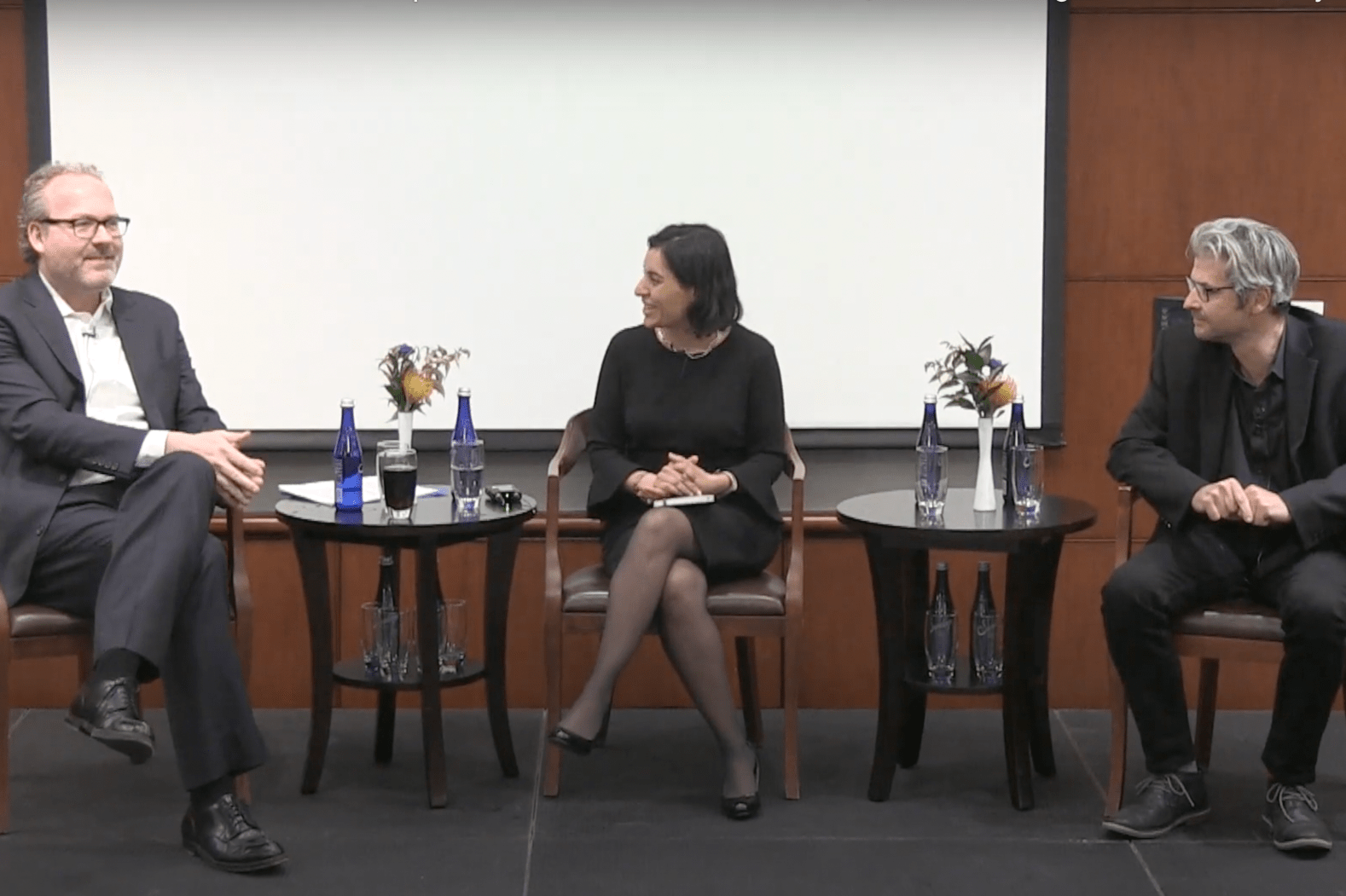
How Can Governments Better Implement Policies?
April 9 – 10, 2019
Harvard Kennedy School
At CID’s Global Empowerment Meeting in 2019, Matt Andrews, Jorrit de Jong, and Salimah Samji discussed how city, regional, and national governments can better implement policies by working in teams, collaborating across boundaries, iterating, and learning.
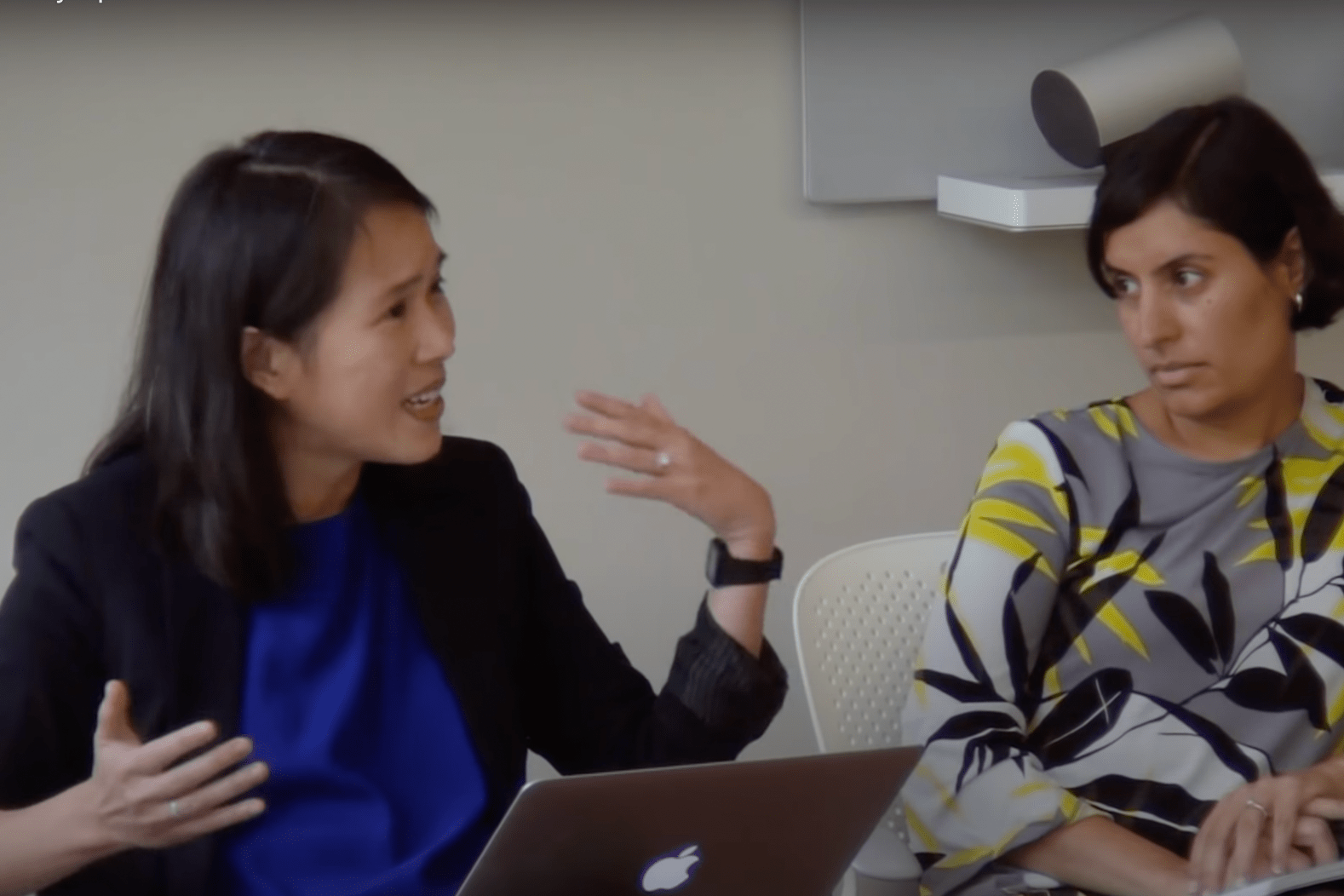
How Do You Mobilize Political Elites and Citizens
October 30, 2018
Harvard Kennedy School
There are a lot of important agendas at the global, regional, and local level that don’t get implemented. During this event, panelists Lily Tsai, Rakesh Rajani, and Alice Evans discuss how to mobilize citizens and political elites to get these agendas off the ground and progressing forward.

Toolkit Launch
October 26, 2018
Harvard Kennedy School
As part of Harvard’s Worldwide Week, Matt Andrews and Salimah Samji launch the newly published PDIA Toolkit, a comprehensive resource to solving complex problems.
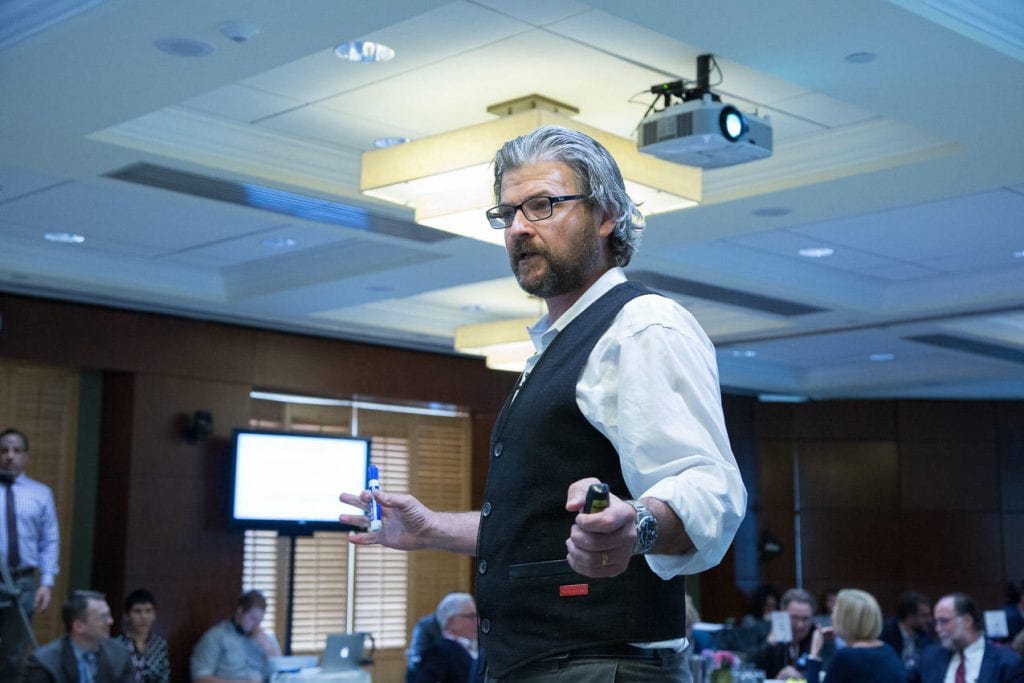
PDIA for Economic Diversification in Sri Lanka
April 19, 2017
Harvard Kennedy School
At CID’s Global Empowerment Meeting in 2017, Matt Andrews led an interactive session entitled PDIA for Economic Diversification to showcase how we work with governments to find and fit solutions to complex problems that are specific to local context using the case of Sri Lanka as an example.
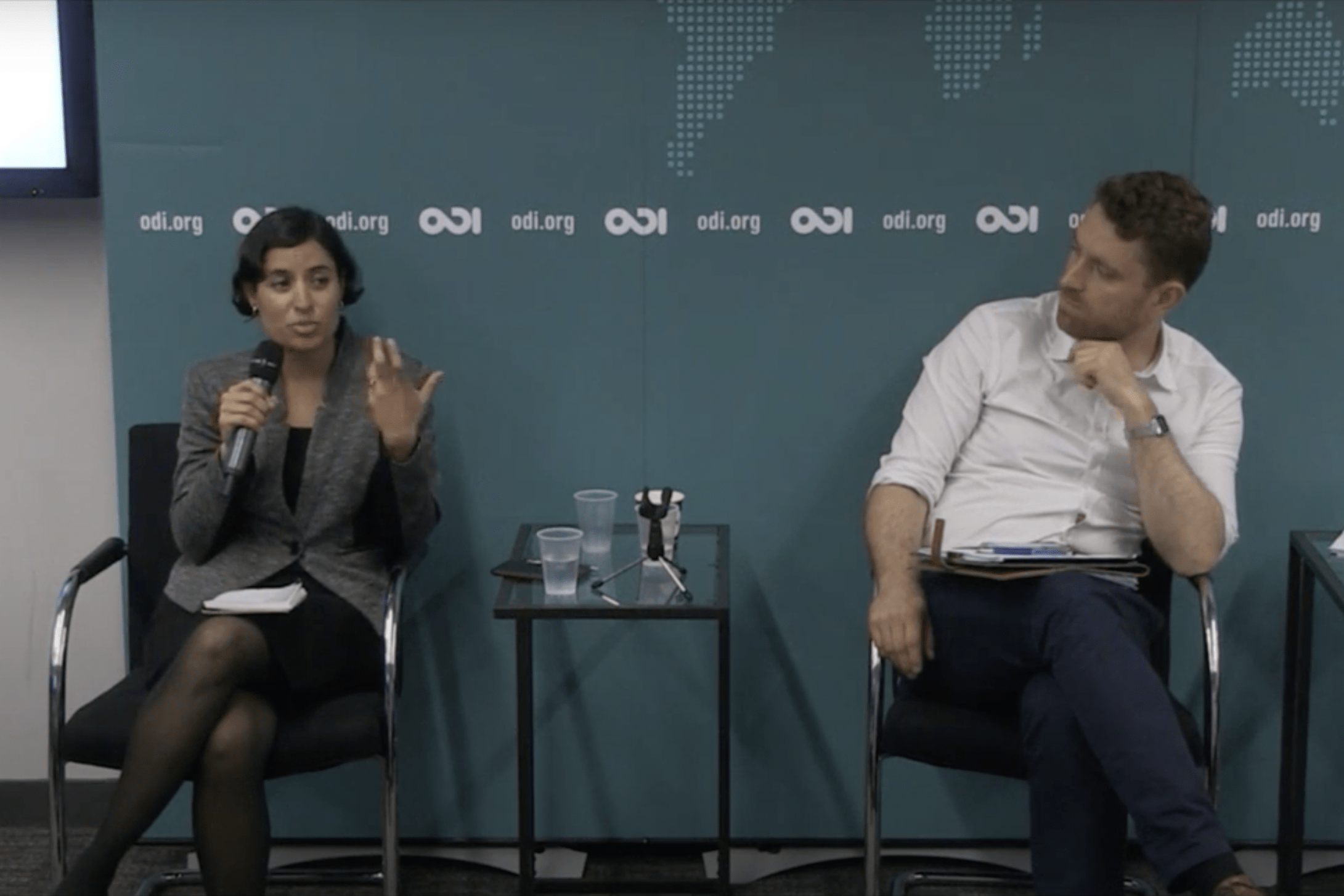
Doing Development Differently (DDD) – London
November 28, 2016
London, UK
ODI in collaboration with Building State Capability at Harvard Kennedy School, convened a private workshop to look at how the adaptive development agenda has been put into practice throughout the world.
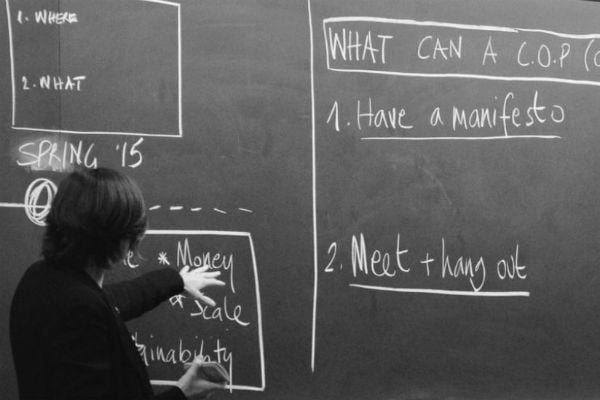
Doing Development Differently (DDD)
October 22-23, 2014
Harvard Kennedy School
BSC co-hosted the DDD workshop with the Overseas Development Institute (ODI). The aim of the event was to build a shared community of practice, and to crystallize what we are learning about doing development differently from practical experience. The workshop ended with a strong call for developing a DDD Manifesto.
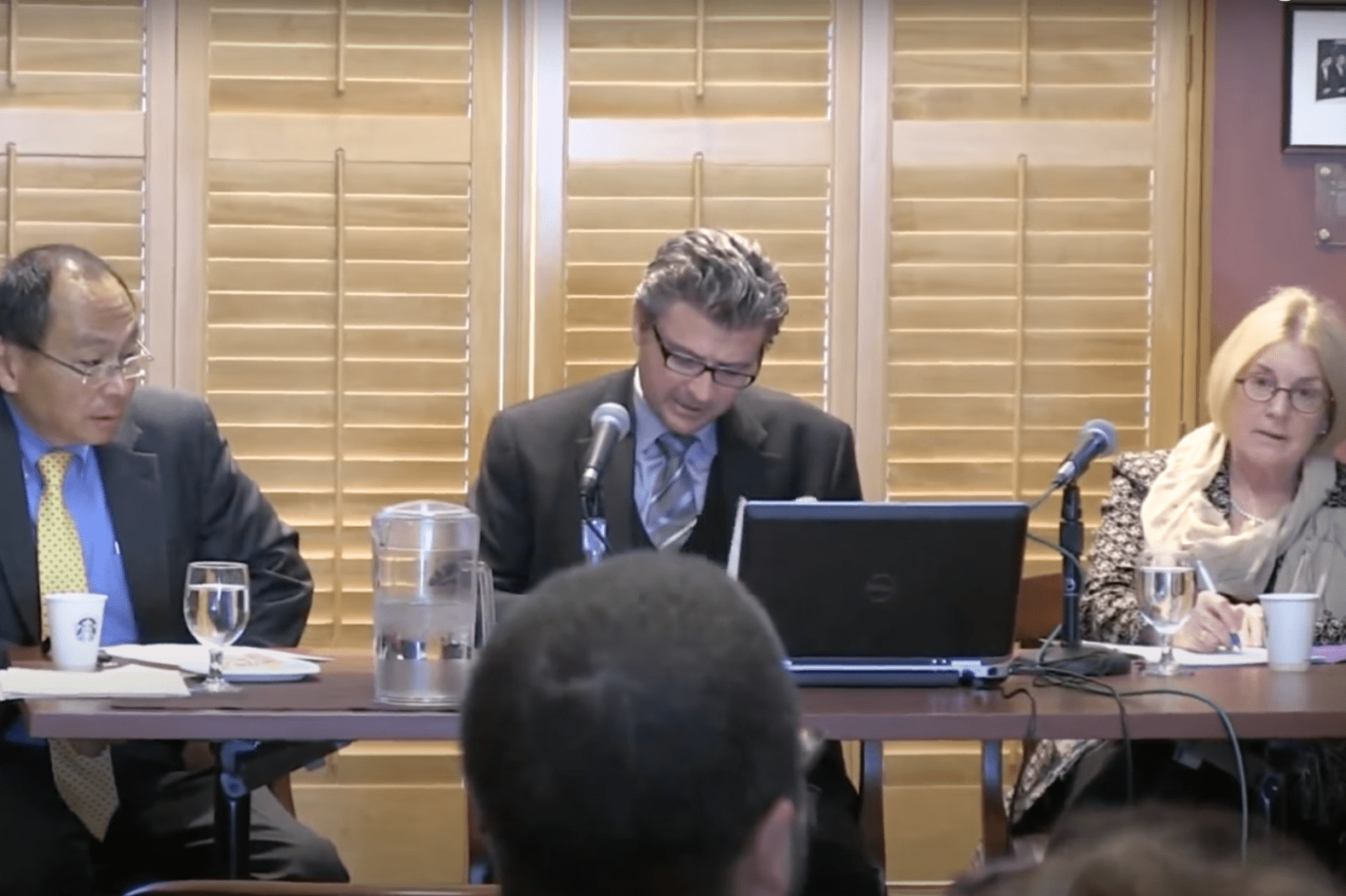
Untying Development
October 23, 2013
Harvard Kennedy School
This workshop hosted by BSC brought together several voices, including: Francis Fukuyama, Merilee Grindle, Jennifer Brinkerhoff and Jennifer Widner, to discuss the challenge of creating a governance agenda focused on solving country-specific problems, involving local people and emphasizing learning in the process.
